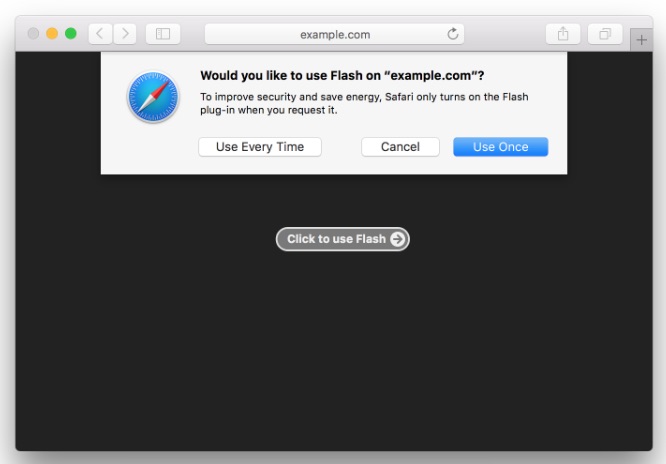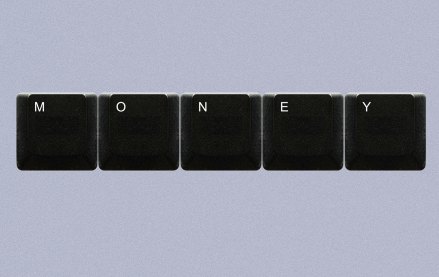
Adobe Flash may have already had the last nail driven into its coffin. Now Apple is shoveling on the dirt: The computer giant is joining Google and Mozilla in dropping the beleaguered software.
In a blog post today, Apple said that upcoming versions of Safari, scheduled to ship this fall, will automatically disable the notoriously security flawed Flash in favor for the safer HTML5. Flash can still be used on a web page if it’s necessary by enabling it, as seen below.

Not only is HTML5 safer compared to Flash, but Apple explains that using it delivers “improved performance and battery life.” It’s a move perhaps long time coming since Apple was the leader in forbidding Flash by not allowing it to load on iOS for iPads and iPhones.
Apple’s moves shadows that of Amazon and Mozilla, which have denounced Flash. Google also made a similar move last month announcing when it announced its more popular browser Chrome will be blocking Flash for all but 10 websites by the end of the year.
More in Media

Condé Nast and Hearst strike Amazon AI licensing deals for Rufus
Condé Nast and Hearst have joined the New York Times in signing a licensing deal with Amazon for its AI-powered shopping assistant Rufus.

Media Briefing: AI payouts may be entering a new era
AI compensation is evolving — and new models, not just publisher demands, are driving the shift beyond flat-fee licensing.

In Graphic Detail: AI platforms are driving more traffic — but not enough to offset ‘zero-click’ search
Here are five graphs that reveal the major trends emerging in the world of AI and ‘zero-click’ search, and what it means for publishers.





